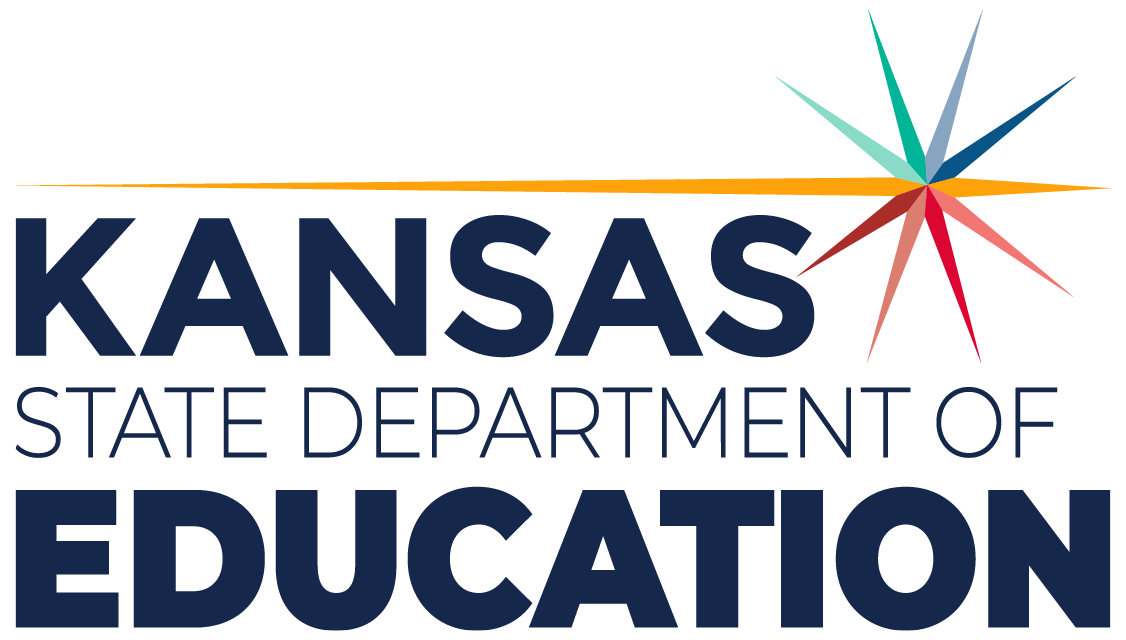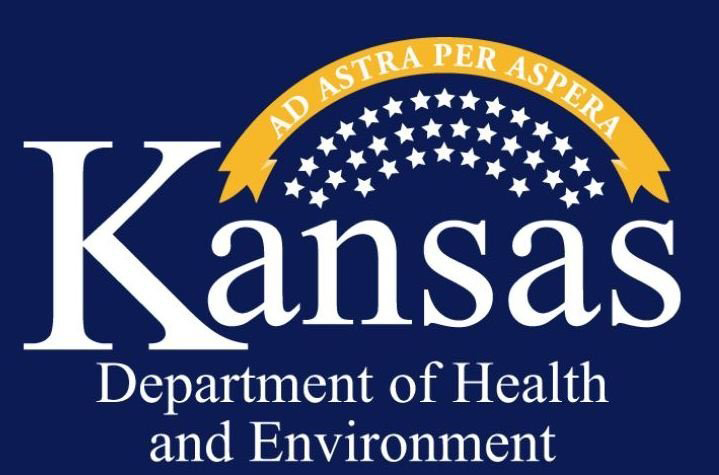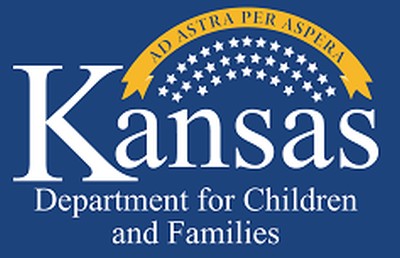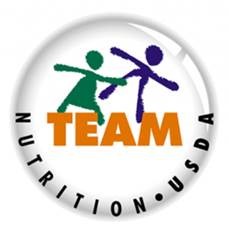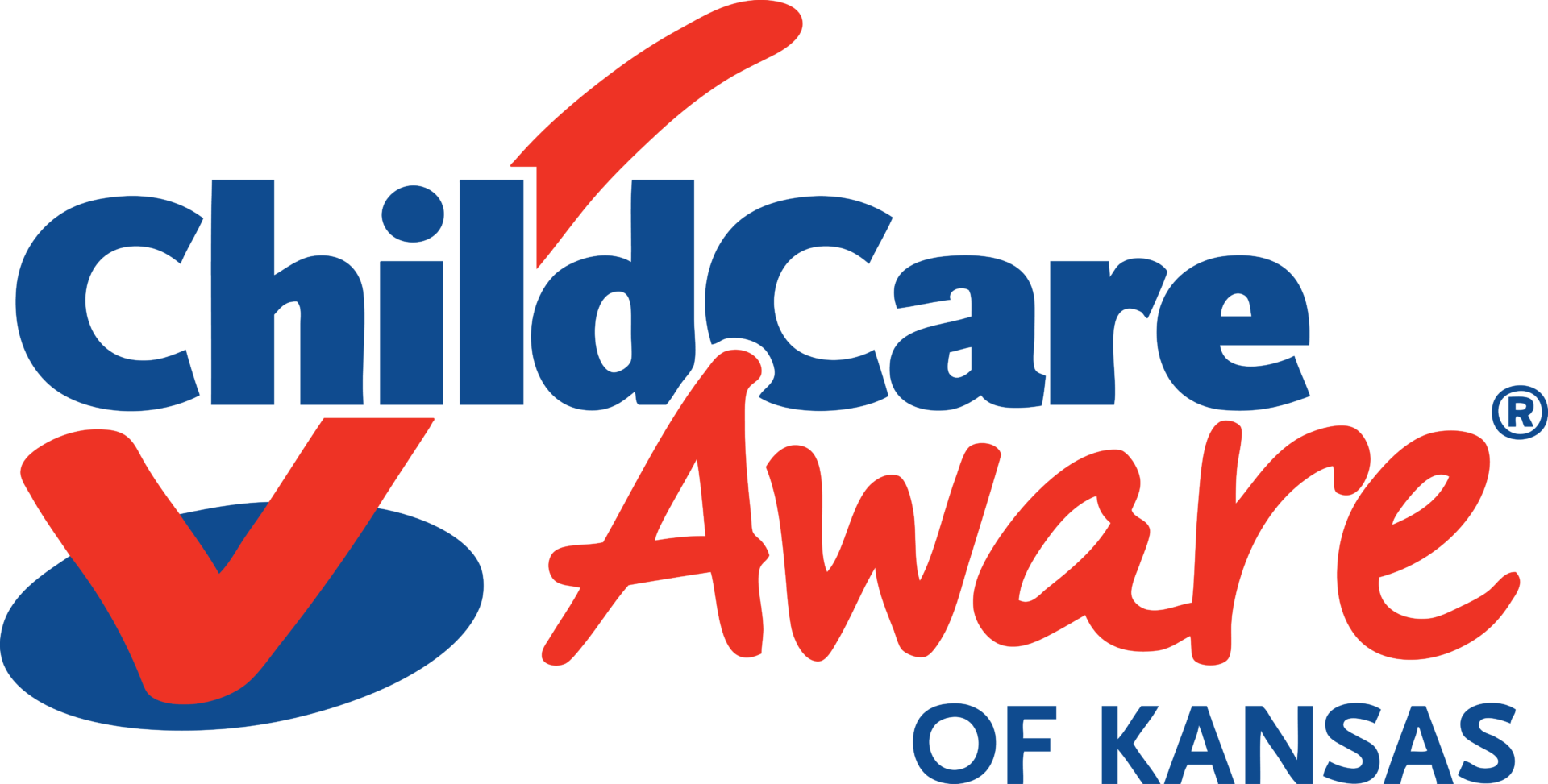
Guidance
| List of USDA/KDA Processors |
GAP Certification
Good Agricultural Practices, referred to as GAPs, are a set of recommendations that can help assure the safety of locally grown produce. GAPs are standards which apply to on-farm procedures and require farmers to document their agricultural practices. Chemical, microbiological, and physical hazards are evaluated and producers take preventative controls to reduce the opportunity for food contamination.School districts can require the farmer to be GAP certified. To become GAP certified a formal GAP farm audit must be conducted. GAP audits are third-party inspections that provide a thorough evaluation of a farm program by a reputable inspector. Formal GAP audits further assure that farms are producing food in the safest manner possible.
There is a cost to the producer associated with getting a formal GAP audit and becoming GAP certified. Third-party GAP certification is not yet mandated by federal law and is voluntary. Growers can conduct their own internal review and take steps to reduce the risk of contamination for their fresh fruits and vegetables.
